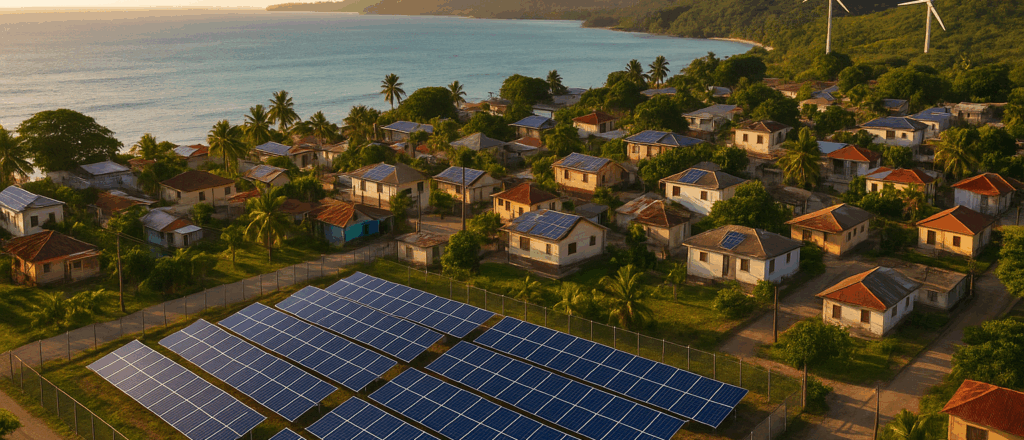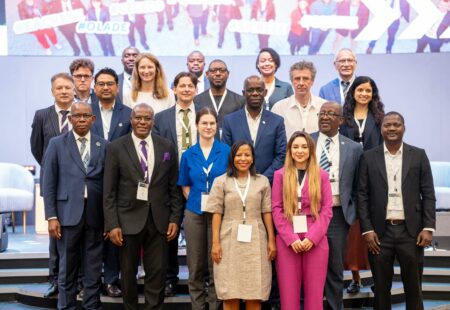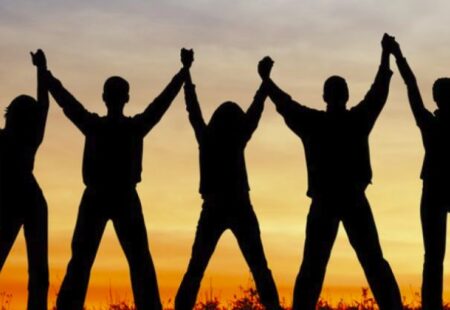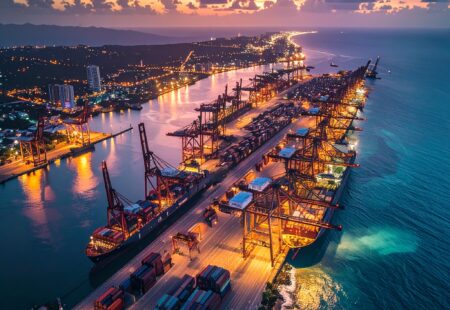Making the Energy Transition Just: Powering People, Not Just Grids

Across the Caribbean, conversations about energy often center on megawatts, renewable targets, and the pace of transition. But behind every kilowatt-hour generated lies a story, a family seeking affordable electricity, a small business trying to stay competitive, and a community rebuilding after the latest hurricane season. As we transform the way our region produces and consumes energy, we must remember that the transition we champion is not simply about technology or infrastructure. It is about people, their livelihoods, their opportunities, and their future.
Globally, the idea of a “just energy transition” has become a defining concept in sustainable development. For us in the Caribbean, it carries a distinct meaning, shaped by both vulnerability and ambition. We understand it as the process of moving toward cleaner and more resilient energy systems in a way that is fair, inclusive, and sustainable. A just transition ensures that everyone, from rural households to urban entrepreneurs, benefits from the shift, not just those with the means to invest early. It calls for fairness in access to energy, fairness in the distribution of benefits, and fairness in the creation of new opportunities. In short, it is about ensuring that our progress toward sustainability leaves no one behind.
Our region’s energy systems were built on dependence, dependence on imported fuels, centralised generation, and external markets. As we pivot to renewables, we have a rare opportunity to redesign those systems around independence and inclusion. Yet without deliberate planning, the transition could easily reproduce the same inequalities we are trying to solve. High energy costs already constrain households and businesses, and unequal access to clean energy solutions risks deepening the divide. If our transition is to be just, it must deliver affordable energy to those who need it most while creating new opportunities for growth, innovation, and employment.
Justice also matters because resilience in the Caribbean is not only technical, it is social. Every community that gains reliable, affordable, and sustainable energy becomes more capable of withstanding shocks, whether from hurricanes, global fuel price spikes, or economic downturns. True resilience will come when energy security and social equity reinforce each other, allowing every island and every citizen to participate in and benefit from the transformation.
At CCREEE, we view the just energy transition as both a guiding principle and a practical framework for our work. It shapes how we plan, implement, and partner across the region. Through the Caribbean Efficient and Green Energy Buildings (CE-GEB) Project, we are helping governments and institutions improve efficiency in public and private buildings, making energy consumption not only cleaner but more affordable. Our Integrated Resource and Resilience Plans (IRRPs) support countries in designing power systems that are sustainable, secure, and aligned with national development priorities, ensuring that planning decisions serve people, not just utilities. And through the Regional Offshore Wind Roadmap and Strategy (ROWSAR) Phase II, we are helping to lay the groundwork for new industries that can generate renewable energy, attract investment, and create skilled jobs across the Caribbean. Each initiative reflects a single conviction: people must be at the center of the transition.
No transition can be just if it is not inclusive. As the region accelerates adoption of renewable technologies, the need for new skills and new capacities is clear. We must prepare our workforce not only to adapt to change but to lead it. Through the forthcoming Caribbean Institute for Sustainable Energy Excellence (C-i-SEE), CCREEE is working to build a pipeline of homegrown expertise, engineers, technicians, planners, and entrepreneurs who can deliver Caribbean solutions for Caribbean challenges.
Gender inclusion remains at the heart of this transformation. The Women in Renewable Energy (WIRE) Network continues to expand opportunities for women through mentorship, technical training, and leadership development. This is not only about equity, it is about performance. When women lead, teams diversify, perspectives widen, and the region’s energy future becomes more creative and resilient.
Youth are equally vital to this story. With the Caribbean Energy Knowledge Hub (CEKH) and its Youth App, we are connecting young people to data, learning tools, and opportunities that help them envision and build the energy systems of tomorrow. The next generation of Caribbean leaders will inherit a more complex, more connected world; our role is to equip them with the knowledge and confidence to navigate it.
Fairness also extends to the way we design and finance our systems. Renewable energy can deliver benefits far beyond the grid, creating jobs in installation, maintenance, and manufacturing, and supporting new businesses in electric mobility and digital energy services. By coordinating regional procurement and harmonising standards, Caribbean states can reduce costs, attract investment, and ensure that every island, large or small gains access to clean technologies. The just transition, therefore, is not only about fairness within countries; it is about fairness across the region. Each member state has different resources and starting points, but together we can build a shared pathway to energy independence.
The journey ahead will not be simple. Achieving a just transition requires sustained policy coordination, targeted investment, and above all, a shared commitment to inclusion. It demands that we continue to bridge innovation with equity, and that we build systems resilient not only to hurricanes but also to inequality. Yet this is the only path that ensures sustainability in its fullest sense, environmental, economic, and social.
If we succeed, the Caribbean will not only lead in renewable energy but will also stand as an example of how small island states can transform their economies while upholding fairness and dignity. A just transition is not about changing the source of our power; it is about changing who that power serves. When every citizen can access clean, affordable, and reliable energy, we strengthen our resilience, our economies, and our unity as a region.
Our goal is clear: to power people, not just grids.



